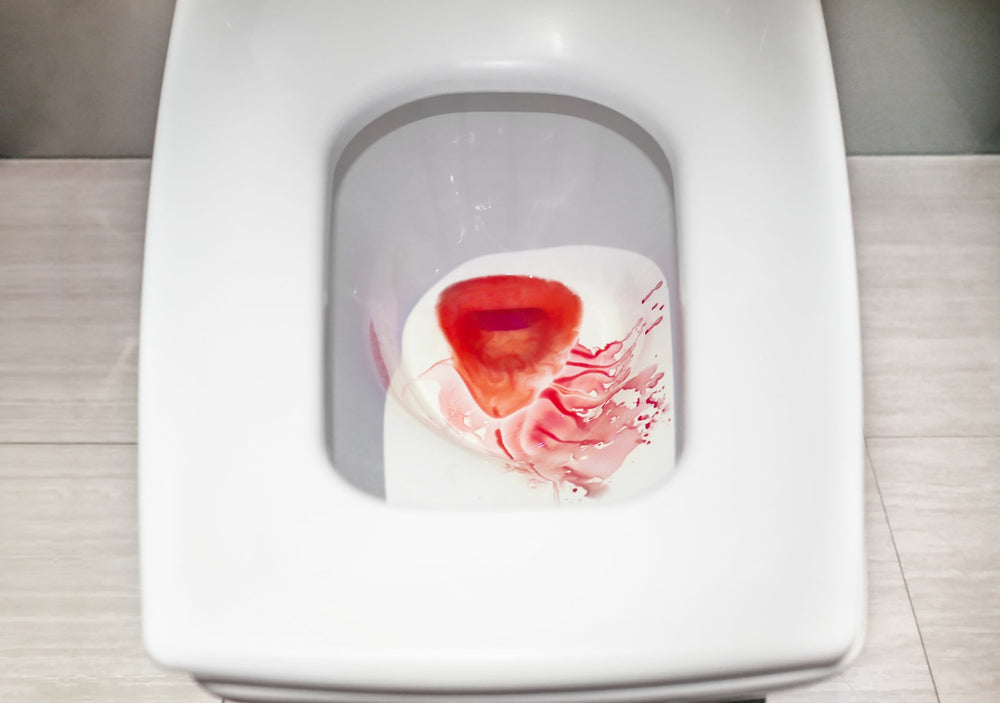Postpartum bleeding after the birth of your baby is a little spoken about subject, but every woman, however they give birth will experience postpartum bleeding. This blog will discuss what type of bleeding to expect during this time.
Blood loss after childbirth can vary enormously and can be very different from any period you have experienced, plus it can be quite a shock to the system to have to deal with blood loss after 9 months of being period free.
As your uterus contracts to expel the leftover contents from pregnancy and birth, you may experience ‘after pains’. These are like period type pains, but often the more babies you have had the stronger they can become. Although they can be quite uncomfortable, it shows that your body is doing a great job and healing from the birth.
Blood loss straight after birth
The blood loss after the birth of your baby is called lochia and is made up of much more than just blood. It comprises of blood (sometimes small clots of blood too), mucous, amniotic fluid (your waters), your baby’s urine, skin cells and hair.
After the birth of your baby blood loss will be estimated as exact calculations cannot be made due to the nature of how it is lost (blood is often mixed with the amniotic fluid). An estimated blood loss greater than 500mls is classified as a haemorrhage, although most women will not be affected by losing this amount. A significant haemorrhage is classified as greater than 1000mls and some women will cope better than others with this amount of blood loss. If you do feel breathless, faint or generally unwell from losing blood, there are plenty of measures which can be taken by your midwife and/or doctor to rectify this, including administering drugs, fluids, or a blood transfusion. In the UK it is unusual for a woman to suffer long-term complications from excessive blood loss postpartum.
What is normal blood loss after birth?
The amount of blood lost and the length of time losing it can vary considerably between women and is not necessary dependent upon the type of birth you have had. However, the average time is around 2-4 weeks.
Blood loss can start off heavy on the first day after you have your baby, so it’s best to have some super absorbent pads at the ready. It is recommended that pads are changed at least 4 hourly, washing your hands before and after to help prevent infection. Blood loss is bright red initially, fading to pink or brown after a few days.
You may find that your postpartum blood loss becomes heavier or redder if you start exercising more or if you are breastfeeding.
What is abnormal blood loss after birth?
After the first few days your blood loss should be slowing down. Heavier blood loss should be investigated to make sure you are not losing too much blood or there is another problem. Seek medical advice if:
- You are regularly soaking through a maternity pad in less than 2 hours.
- You are passing multiple clots or single large clots which are bigger than a golf ball.
- You have persistent pain which doesn’t go away or isn’t relieved by simple pain killers such as paracetamol.
- You feel ill, such as faint, dizzy, hot or sick.
Some of the reasons why your postpartum bleeding may be more than average could be because of the following:
- If you have had a caesarean section, as this is major surgery and your uterus may not contract as effectively after the operation.
- Having a forceps or ventouse delivery, due to the uterus not contracting down as effectively after the birth (you will be offered drugs to help to prevent this at the time).
- If you have induction of labour. This is probably because your labour can be longer and during the process artificial drugs and hormones are used to mimic natural labour.
- Having a baby larger than 4kgs (9lbs) or more than one baby. This can be because your uterus needs to contract down more after the birth.
- You have had a very long labour. Just the same as us, your uterus will not function as effectively if it is tired. Remember to keep well hydrated and fed during your labour.
- Certain blood clotting disorders or medical conditions such as pre-existing high blood pressure or pre-eclampsia.
Summary
Postpartum blood loss can be different to a normal period. Everyone’s experiences will differ but being prepared for what to expect will help you to know the difference between a normal loss and when to seek help from your midwife or doctor.


















